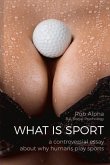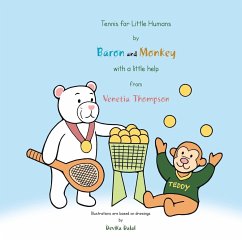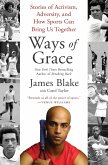
22,99 €
Versandfertig in über 4 Wochen
Broschiertes Buch
30. Juni 2015
Neil Investments Inc
Ähnliche Artikel


20,99 €
Versandfertig in über 4 Wochen
Broschiertes Buch
30. Dezember 2013
Author Solutions Inc

17,99 €
Versandfertig in über 4 Wochen
Broschiertes Buch
Juni 2008
Blue Guides Limited of London

13,99 €
Versandfertig in über 4 Wochen
Broschiertes Buch
18. August 2021
Neil Investments Inc

19,99 €
Versandfertig in 1-2 Wochen
Broschiertes Buch
Stories of Activism, Adversity, and How Sports Can Bring Us Together
10. Januar 2020
Amistad Press


28,99 €
Versandfertig in über 4 Wochen

Broschiertes Buch
Separating the Players from the Poseurs
26. Januar 2021

15,99 €
Versandfertig in über 4 Wochen
Ähnlichkeitssuche: Fact®Finder von OMIKRON


